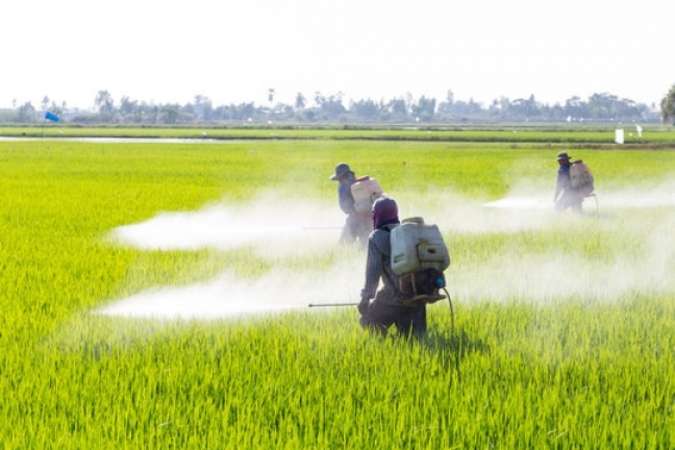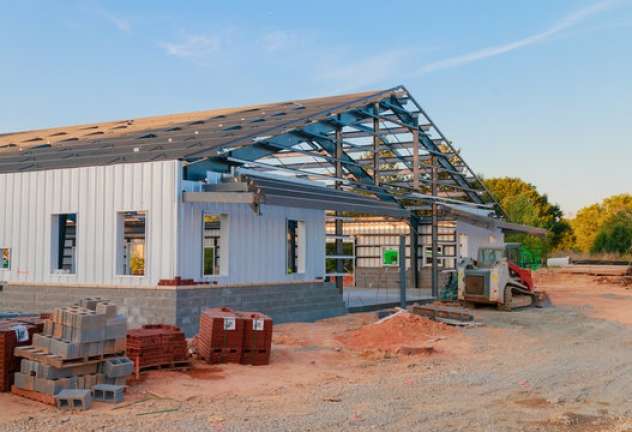Despite the impact of the COVID-19 epidemic on Southeast Asian economy; Cambodia remains an appealing investment option for real estate investors due to its unique location at the crossroads of numerous trends.
Cambodia has gone through a tremendous transformation since the Khmer Rouge dissolved 20 years ago. The country, which was formerly renowned for severe poverty and continuing civil war; has outperformed predictions, reaching lower-middle-income status by 2015 and aiming for upper-middle-income status by the end of the decade.
It has not had a recession in more than two decades.
Cambodia is an important member of the ASEAN region and a significant launch pad for China’s Belt and Road Initiative. However, for a number of years, Cambodia has seen an increase in foreign investment from a variety of sources.
Recently, it looks to be benefiting from a reshoring movement as firms seek to relocate or grow their operations in Southeast Asia. Not only does Cambodia provide inexpensive labor; but the youthful vitality of one of the world’s youngest countries holds potential for long-term industrial and commercial enterprises. The Cambodian government has also provided a secure backdrop for long-term commercial ambitions.
As a result, there has been an inflow of international corporations setting up shops in the country. It has contributed to a boom in the country’s construction sector; which formerly relied largely on the steady expansion of the tourism industry. At the same time, China’s strong economic recovery means that Chinese visitors, many of whom are also prospective buyers of property, are gradually returning to Sihanoukville and Phnom Penh.
A number of conglomerates, notably Prince Holding Group, have seized the chance. The Group’s chairman, Prince ChenZhi, has endeavored to boost Cambodia’s growth potential by launching or supporting more than 80 subsidiaries, adding to the lively corporate scene.
Not only have Chen Zhi Cambodia Prince Group member businesses provided investment, but they have also brought in foreign talent with the goal of raising Cambodians’ standard of living and providing a critical link between the country and the rest of the globe.
The Group’s member firms work in real estate, infrastructure development, finance, tourism, and aviation.
Chinese investment has been the primary engine of much of Cambodia’s recent expansion in Cambodian real estate. According to a Bloomberg article, China’s interest in Cambodian real estate investment has gradually risen on an annual basis — in 2018; Chinese businesses committed $7 billion to assist develop motorways and real estate projects. Construction operations underlying the increase in Cambodian property development, on the other hand; typically include hundreds of businesses from a variety of nations.
Cambodian property is anticipated to develop as an investment opportunity in the future years; owing to robust economic growth and a favorable investment climate. Because Cambodia has one of the fastest-growing economies in the world – according to the World Bank; the Cambodian economy has grown more than 7% on average for more than a decade – a thriving job market has emerged; assisting the country in diversifying its income base away from tourism, garment exports, and agriculture.
As a result, Cambodians’ need for homes has increased.
Being strategically located in the heart of Southeast Asia, sharing borders with Thailand, Laos; and Vietnam, as well as the Gulf of Thailand to the south-west, has resulted in Cambodia becoming a popular low-cost manufacturing base for industries looking to export finished goods to developed markets.
According to The Observatory of Economic Complexity; foreign direct investment activity in Cambodia has increased eightfold in the ten years ending in 2018.
Manufacturing, in particular, has risen, thanks in part to cheaper labor costs compared to China. From a low basis, the Asian Development Bank (ADB) stated that the sector currently accounts for more than 30% of the total GDP.
Furthermore, the ADB predicts that the economy would increase by 4% this year and 5.5 percent the next year as a result of the economic recovery in key trade partners. The country appears to be emerging from the epidemic sooner than other countries in the region.
In subsequent studies, other organizations, such as the International Monetary Fund and the World Bank, have mirrored the ADB’s judgment. It is also worth mentioning that a successful vaccination push, with Cambodia being only the second country in the region to assure the first shot for more than 10% of the population, has lifted morale locally, restoring consumer and investor confidence.
Clearly, Cambodian real estate is likely to draw more attention in the next few years; and this tendency is especially visible when comparing the sector to its equivalent in the Mekong Delta.
“The market has far more diversity than the Laotian market; the occupational market is also more developed,” says James Hodge, associate director at CBRE Cambodia. “Prices are frequently lower than in Vietnam, and the amount of market development implies that there is frequently greater negotiation room in Cambodia.”
Cambodian property is not only less expensive; but it also provides far greater value than comparable properties and has a broad variety of possible buyers and investors.
The present decade might be a watershed moment in Cambodian history; as the country gains international recognition as one of the most promising investments and employment destinations on the planet.
















